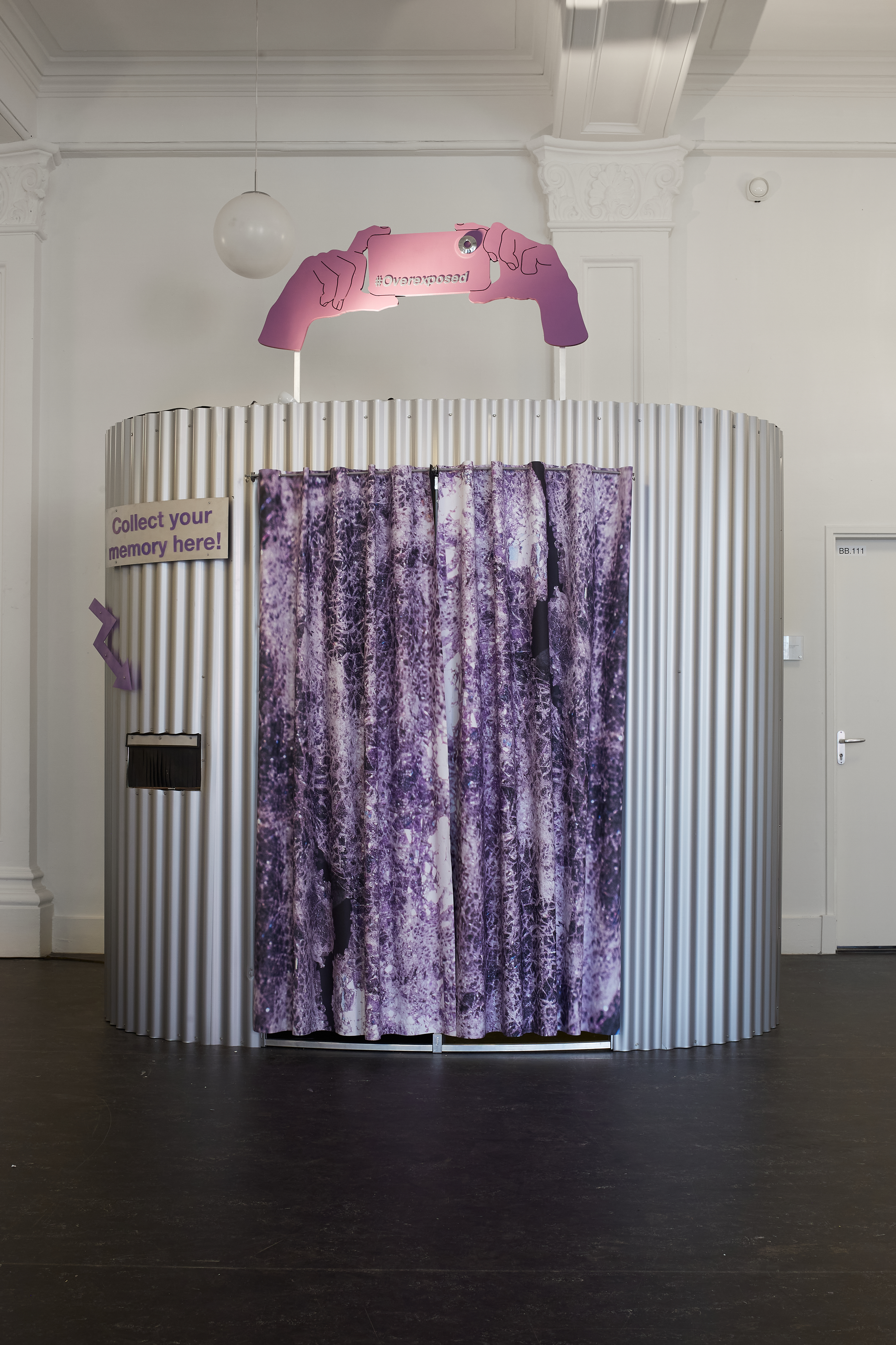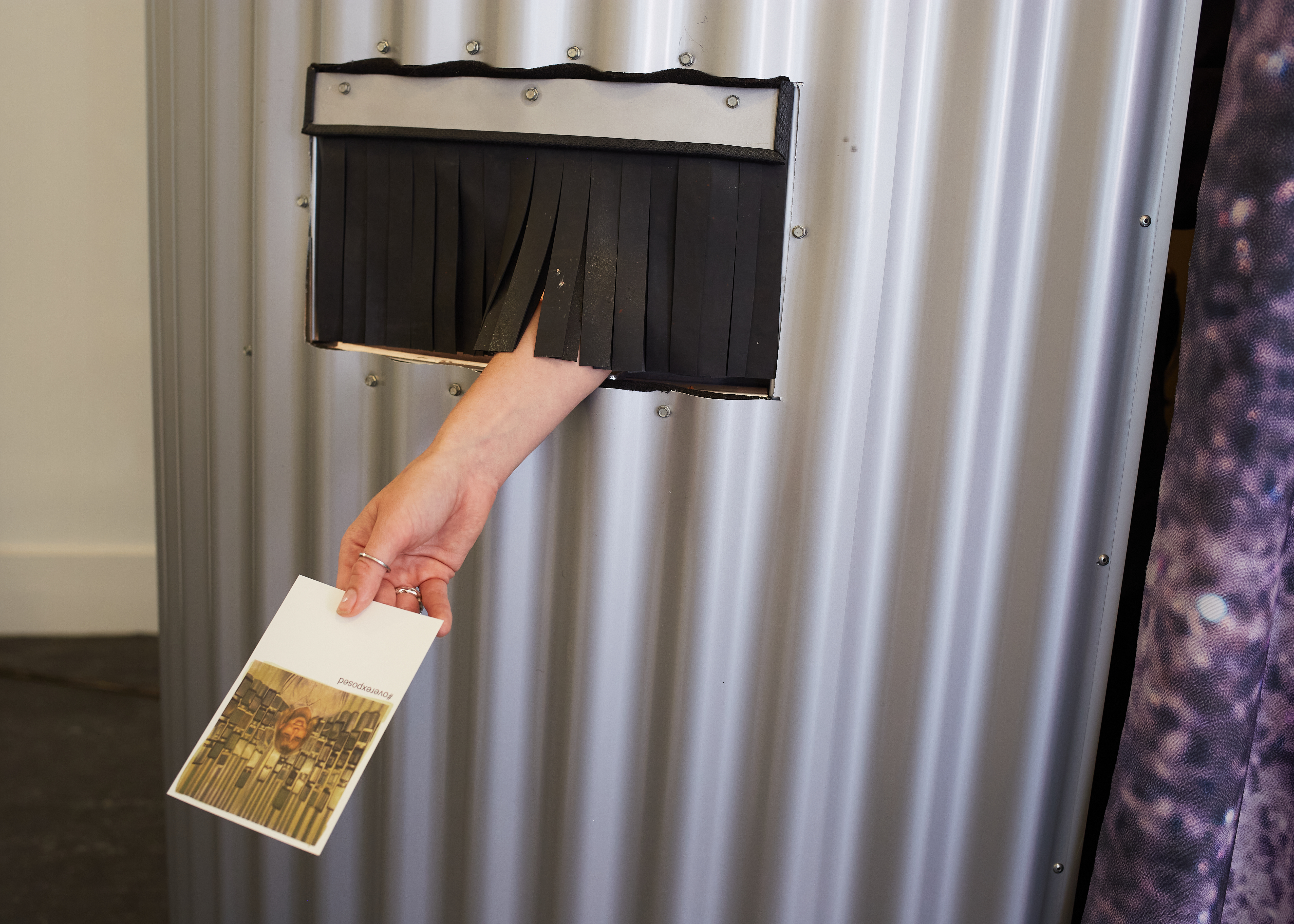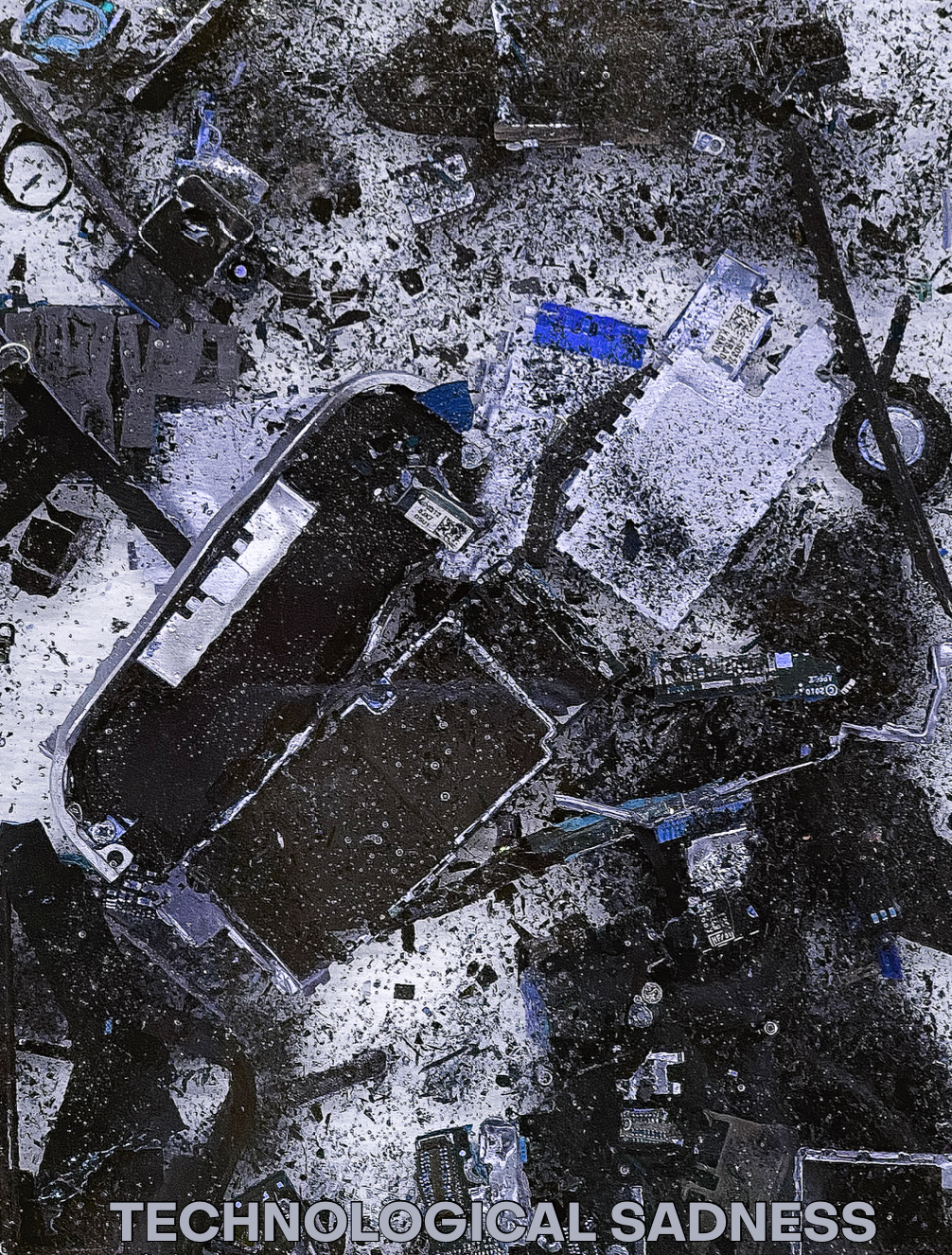
This research has been published in an INC Longform publication!
You can read the full article here:
https://networkcultures.org/longform/2021/11/23/overexposed-instagram-stories-technological-sadness-overconsumption-in-social-photos-and-memory-loss/
#Overexposed
I researched the effects of ‘Technological sadness’ in my surroundings. Technological Sadness is a new emotion that appeared when we started using social technologies to communicate, which describes the negative effects of smartphones and what effect social media has on our everyday emotions. I focused mainly on the Instagram platform, and my research uncovered how dependent we have become on it and the negative effects we are experiencing through oversharing our lives on social media platforms.
I wanted to create work that would show the dangers of the online lives we are living. Through experiments and interviews, I discovered that capturing moments with our mobile devices is very important to us, as most digital natives are using them to create memories and share our experiences with others. We are starting to use our phones as digital diaries, by for example using the function stories that tempts users to post 24/7. During my research, I found out about ‘The photo impairment effect’, that describes how the more photos and videos we take with our smartphones the less we remember. The problem is that our phone is becoming our external memory and we are offloading our own memories onto the device. This news was so thought-provoking that I thought it was a story that needed to be told.
In our constant urge to capture everything around us, we often remove ourselves from the moment. We're so focused on preserving memories that we forget to truly live them. This obsession with documenting life especially through our smartphone leads to something paradoxical: the more we record, the less we remember.
To explore this phenomenon, I created an interactive installation: a unique photo booth that confronts visitors with the consequences of our compulsive photo-taking habits. Inside the booth, a photo is taken using a smartphone, triggering a narrative that introduces the concept of the Photo Impairment Effect the idea that photographing experiences can actually diminish our ability to remember them.
My goal is to highlight the urgency of this issue. With millions of photos being taken every day, we’re oversaturating our lives and, in doing so, dulling the emotional weight of real memories.
As a final gesture, each visitor receives a printed photo when they leave—but when they return home, that image gradually fades away. What remains is not a picture, but the experience itself: a fleeting moment turned into a lasting memory.
The installation was my graduation project from the master Industrial design at the Royal Academy of Arts in The Hague.



